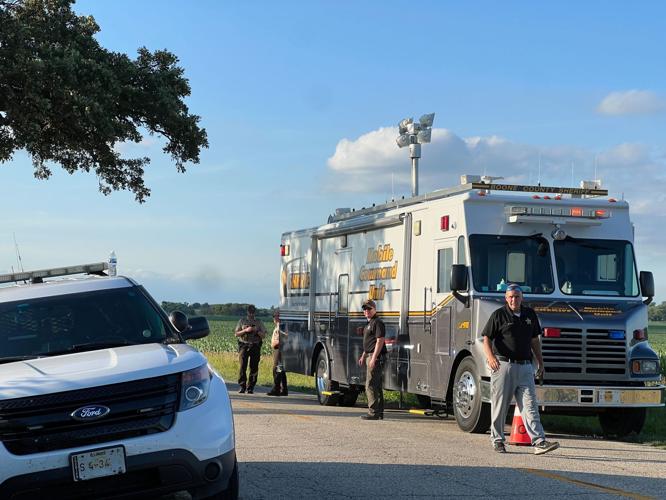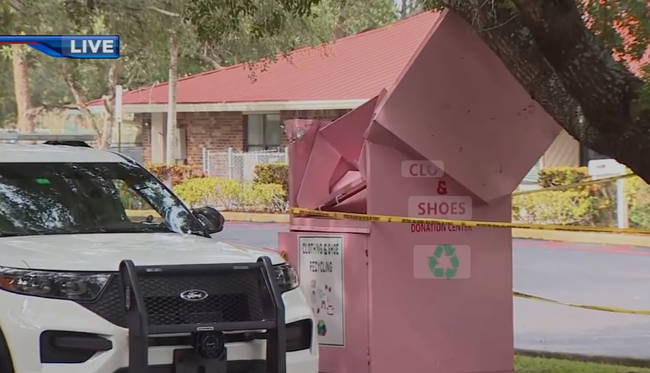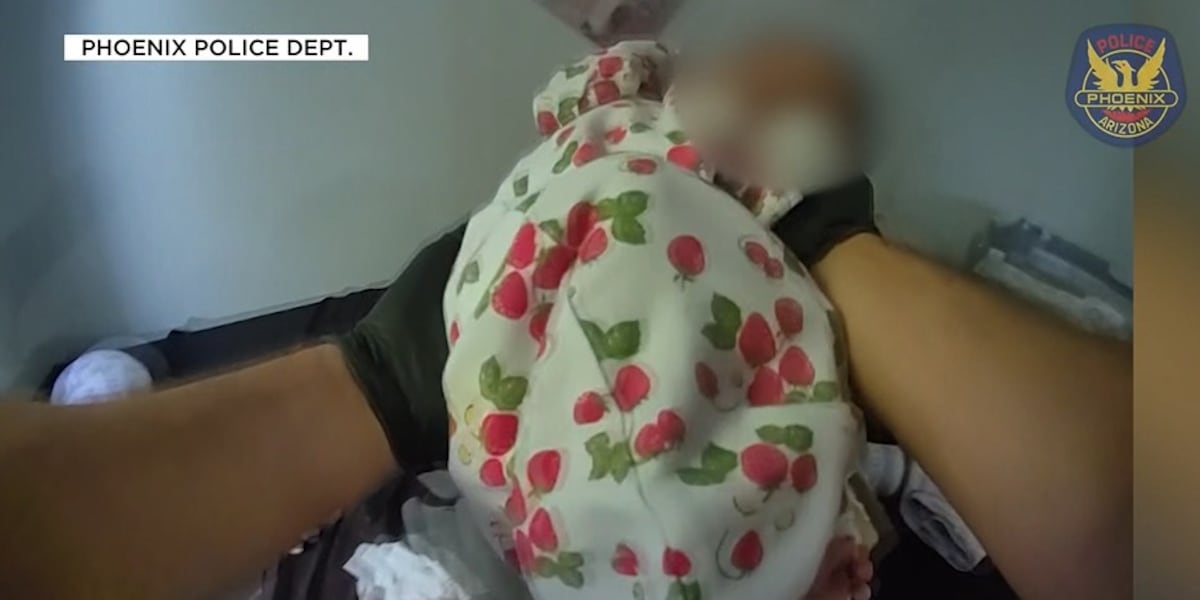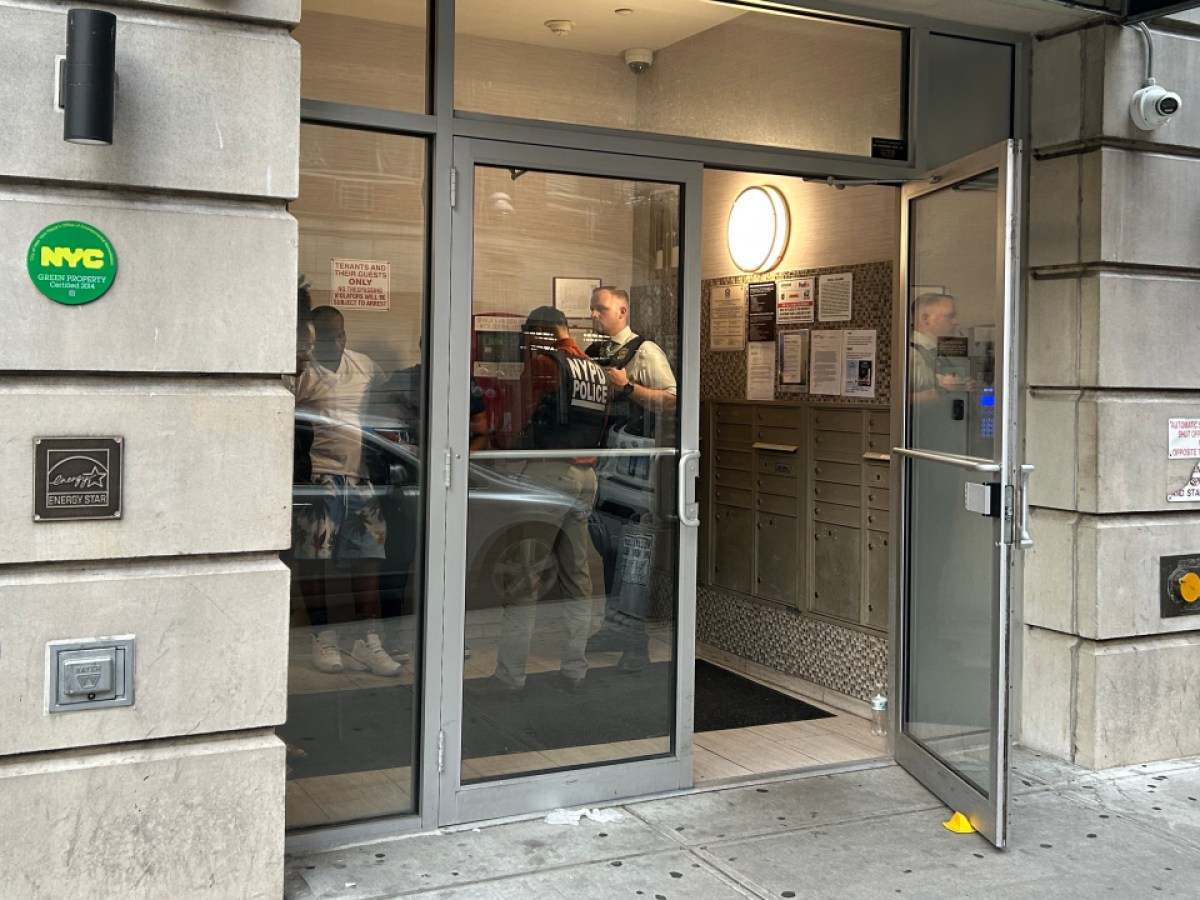A spokesperson from the Arkansas Department of Agriculture said that a man from Booneville, Ark., planted unwanted mystery seeds he received from China, weeks before authorities issued a warning not to. The plant was claimed to be "prepped for incineration".
The plant grew white fruits and orange blossoms that look similar to a squash plant after been planted for two months. Agriculture experts in Arkansas reported that the Booneville plant is a species native to South and Southeast Asia.
The Arkansas Department of Agriculture’s Public Information Manager Anna Thrash wrote in an email.“Department staff performed an unofficial identification of the plants and determined that it was Benincasa hispida – common name: Wax Gourd, Winter Melon, Chinese Watermelon. Out of an abundance of caution, the plant material was incinerated.” “After further discussion with our USDA partners, we will be transferring plant material collected in the future to them for official identification.
The U.S. Department of Agriculture and state officials released alerts to not plant the seeds last month as it was announced that the received seeds weren't isolated incidents. The agency’s Animal and Plant Health Inspection Service identified numerous other species.
“The seeds APHIS has identified so far are not uniform or of any particular type. They include a mixture of ornamental, fruit and vegetable, herb, and weed seeds,” a spokesperson for the USDA said in an email. “Some of the species identified include cabbage, broccoli, kale, celery, coriander, cilantro, sunflower, Ivyleaf Morning-Glory, Lavender, Basil, Rose, and Garden Tomato.”
The USDA announced that nothing odd was found while testing the seeds. However, the USDA acknowledged it only checked a small percentage of what it received.
The USDA decided to work with its counterparts in the U.S. along with the Chinese postal service to identify the exporters of the packets since most of them are coming from China.
U.S. Customs and Border Protection officials are working with the USDA to “to intercept any future packages being shipped to the United States,” according to El-Lissy.

















